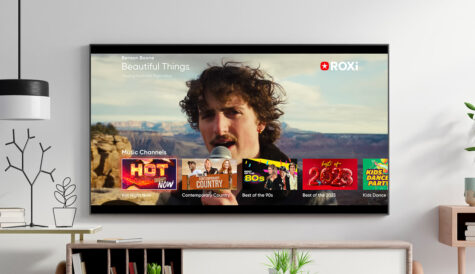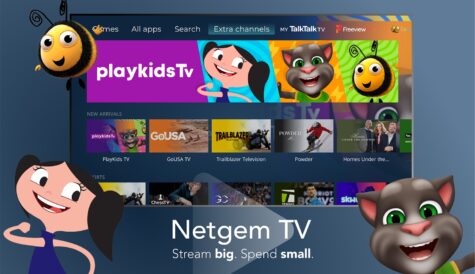DTG: we are are moving to an all-IP world
Linear TV is not dead but we are “definitely moving to an all-IP world”, according to Richard Lindsay-Davies, the CEO of UK industry body the Digital TV Group (DTG).
Speaking at IBC over the weekend on a panel titled ‘broadcast is about to be transformed’, Lindsay-Davies shared some insights from a green paper that the DTG is currently working on about what the move online will mean to the TV industry.
A number of challenges were raised, including security and safe-search concerns that do not exist with linear TV – for instance making sure that viewers are not able to access inappropriate content pre-watershed.
Another factor cited by Lindsay-Davis is the need to offer reliability, quality of service and universality in an online world – and do so in an affordable way.
“We’ve been looking at developing a green paper over the last six months on some of the challenges around the move to IP, or the IP glide-path, or the IP trajectory, or whatever other word you might use for it,” said Lindsay-Davies.
“One of the conclusions that we’ve come to is that the destination is reasonably clear. I think we’re definitely moving to an all-IP world. Quite what that will mean, and quite what that will mean for linear television, I think will become clearer over time.
“Linear is not dead, but we may begin to look at linear more like video-on-demand. It might be that, just as many people talk about mobile-first, we might get to the position where we talk about IP-first. Then that means that you design your systems differently and you approach things differently.”
Introducing the theme at the beginning of the panel session, Lindsay-Davis summed up by saying: “The challenges that we’re thinking about is how do we move to this IP-only world and take the good things of television that we’re used to today.”
Speaking in the same session, Google’s head of UK broadcast and entertainment, Justin Gupta, said he believes TV is “safe from the internet”, though it is evolving. “The old adage is true: the internet has changed everything.”
“Viewers are no longer tethered to their living room, everyone has access to an almost infinite catalogue of VOD content, and anyone can be a broadcaster. What’s the result been? The quality of content has actually gone up,” said Gupta.
“I think with premium VOD services just a click away, everyone has had to up their game, but it’s definitely a case that the business models are starting to adapt.”
The Google exec said that the ad customisation that comes with the internet can bring benefits for all. Broadcasters will be able to target ads more effectively, advertisers can tailor their messages, and viewers should benefit from an increase in content funding that results from this.
“With the change in distribution, we now have the ability to do true one-to-one and that could be in delivering the content, it could also be in delivering the advertising. I think people are just starting to scratch the surface,” said Gupta.
“We’ve definitely had some success doing a new technology, which is dynamic ad insertion in OTT. I think what we’re going to see increasingly is every operator platform will be enabled with the capability to customise the advertising. I think that really has the potential to increase the value for the broadcaster.”




